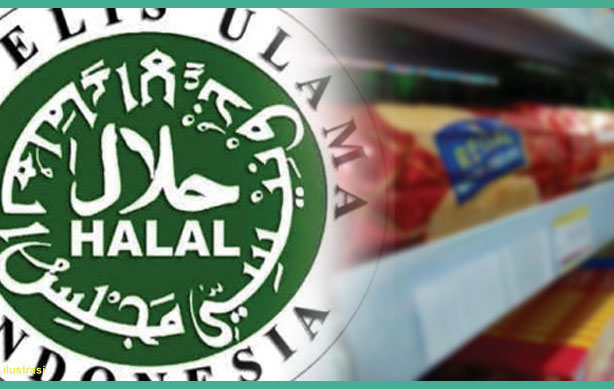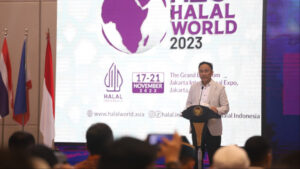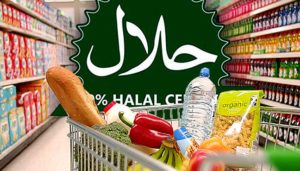Jakarta, MINA – The Research Institute of the Center for Halal Lifestyle and Consumer Studies (CHCS) released 72.5% of Muslim consumers believed that consuming halal products is part of their obligations as Muslims.
Related to this, Deputy Director of the Food, Drug and Cosmetics Research Institute of the Indonesian Ulema Council (LPPOM MUI), Ir. Muti Arintawati said that the role of the media and stakeholders’ concerns greatly influenced community compliance with halal products.
According to Arintawati, halal awareness is increasing especially among educated people who are literate in information and regulations on the Halal Product Guarantee Law (UU JPH).
“Halal awareness can increase with the extent of halal socialization in various media by various parties,” said Arintawati, quoted by MINA, Thursday.
Also Read: Packaging Industry Supports Halal Ecosystem
He added, even though the JPH Law was still voluntary, halal certificates were an added value for the product superiority of an industry. With this awareness, industries should immediately take care of halal certificates.
“The increasing number of halal-certified products that use the halal logo and also product advertisements that include halal as one of the advantages of its products, it will encourage increased public awareness,” he said.
The growth of the food and beverage industry in Indonesia is growing relatively well. The contribution of the industry to Gross Domestic Product (GDP) reaches Rp 540 trillion, making this sector one of the biggest contributors to Indonesia’s GDP. (R/Sj/P2)
Mi’raj News Agency (MINA)
Also Read: 7th World Halal Summit Held in Istanbul



































 Mina Indonesia
Mina Indonesia Mina Arabic
Mina Arabic